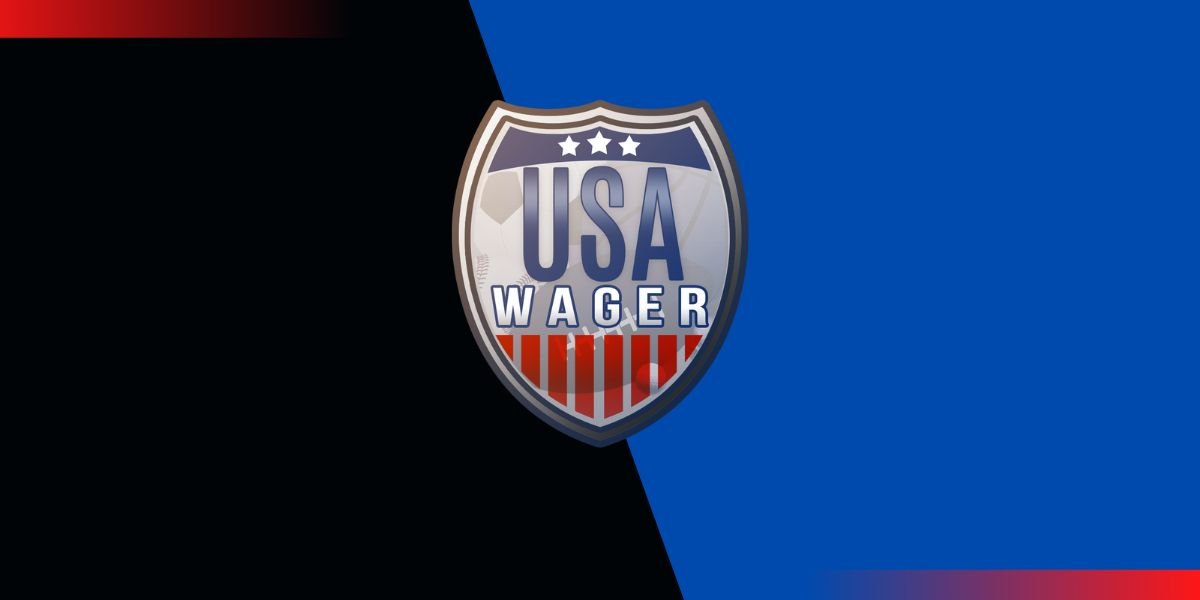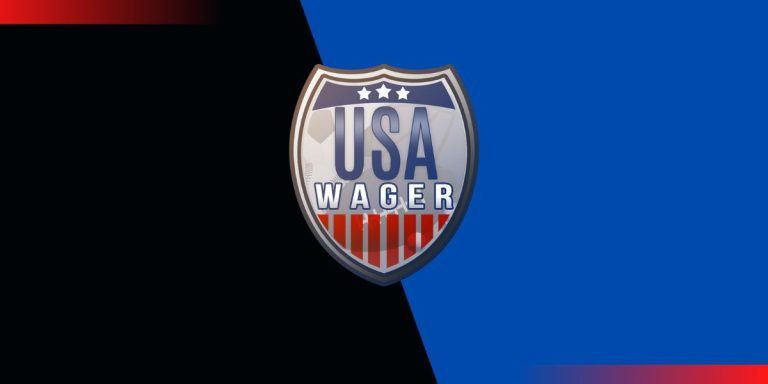The New NIL Rule Was Long Overdue
College athletes now have the ability to make their hard work work for them and their wallet. The student-athletes can now sign with brands for deals and endorsements to profit off of their name, image, and likeness.
This comes after years of legal fights and debates as to whether NCAA athletes should be able to promote themselves and profit off of their success with partnerships similar to that of professional athletes. The NCAA turned over the previous rule that barred athletes from selling their rights on June 30 and ushered in a new era in college sports with the new NIL rule.
A Quick Look at the New NIL Rule
College athletes across the country have already started utilizing this new freedom and have signed deals with major companies to start profiting immediately. Trey Knox from Arkansas has partnered with PetSmart, Dontaie Allen and Justyn Ross created custom merchandise with “The Players Trunk” and Hokie Kennedy Lynch signed with Barstool Sports just to name a few of the many athletes who have already found success from the new rule.
The new NIL rule is not a universal one, however, with some states not having passed NIL laws still. In the states with NIL-related laws that are already in place, athletes can participate in all activities that are within the boundaries of the state laws. For athletes at schools whose state has not passed NIL laws, they can freely partake in any NIL activities.
Schools in these states are allowed to set their own policies in relation to the law, giving universities the final decision. There is still a long way to go before a national policy is adopted, but in the meantime, athletes are living it up with many new, almost endless possibilities.
The Arguments
The argument against athletes being able to profit off of their NIL has always been focused on how it will affect the universities as far as recruiting. How NIL rule will impact recruiting will be more clear in a couple of years after multiple cycles have taken place.
This comes into play because, as stated above, each school will be able to set their own guidelines when it comes to how athletes can use their NIL. It is assumed that an athlete is going to be more likely to sign with a school that has more lenient rules.
My argument against that is it will be a college’s own fault for setting rules that are unappealing to athletes. Universities should have realized by now that NIL rules were going to change as it has been talked about for decades. If a college makes rules that make it harder for athletes to promote themselves with NIL, they are the ones crippling themselves. Times have changed and colleges and universities need to change their approach to embrace the new NIL rules.
Charles Barkley weighed into the conversation with his fears in relation to this scenario during an interview with Dan Patrick.
“What really bothers me and scares me about the whole scenario, Dan, there’s going to be so much resentment from other teammates,” Barkley said. “They’ll be like, ‘Damn, Charles is selling jerseys. He’s got a car deal. We work just as hard as him.”
Barkley is worried that the NIL rule will cause disparities among teammates when some get better deals than others. This is a fair concern, however, I see it as less of a problem and more of a motivational point. Athlete “A” is likely getting more partnerships because they are a better player than athlete “B”. If athlete “B” wants those deals, they will have to practice harder and improve.
A huge part of sports is competition. I’m not suggesting that athletes compete against their teammates, but having friendly competition and locker room discussion over who has signed with who may not be a bad thing. It can lead to friendly competition and could become a point of bonding for some athletes if they sign with the same companies.
Others argue that athletes are already receiving their “pay” in terms of full-ride scholarships. I see that as compensation from the school for their work. However, this amount of money is nothing compared to how much the colleges are able to profit off of these athletes.
Ticket sales alone generate insurmountable amounts of money for many top athletic universities. The schools are profiting off of these athletes much more than what they are putting out for them. It’s time the athletes receive a small cut, and this is at no expense to the colleges.
It’s About Time
I am a college student and because I am not an athlete, if I want to have a company endorse me I can. With social media at the forefront of sports, and the world, right now there is no reason an athlete should not be allowed to do the same as any other student with “x” amount of followers on social media.
Although the NIL rule has taken way too long to be overturned, it has come at a time when there is a perfect platform for every athlete and every athlete’s niche.
It is their name. It is their image. It is their likeness. Not the universities, because in four or so years there will be another person for the colleges to put on their jerseys. The colleges do not own these athletes; if anything, they should be grateful such talented players decided to attend their school, especially in the competitive world of college sports today.
Plus, these athletes will actually be promoting the school regardless of if their campaigns mention the universities or not. Everyone will know who Alabama’s quarterback is and if he is in a commercial or advertisement, viewers will still think of the school.
The same goes for lesser-known players in less popular sports; a quick google search of that athlete will still connect someone to that school. The colleges are not losing out in this deal; they are just allowing their athletes to be normal students and people in the twenty-first century.
This is going to change college athletics, likely for the better. Athletes will be happier because they are free to make their own business and financial choices. Happier athletes who are proud to represent their college, while making money they deserve, will play better. All around, this is an exciting time for rising college athletes, current stars and even universities.


